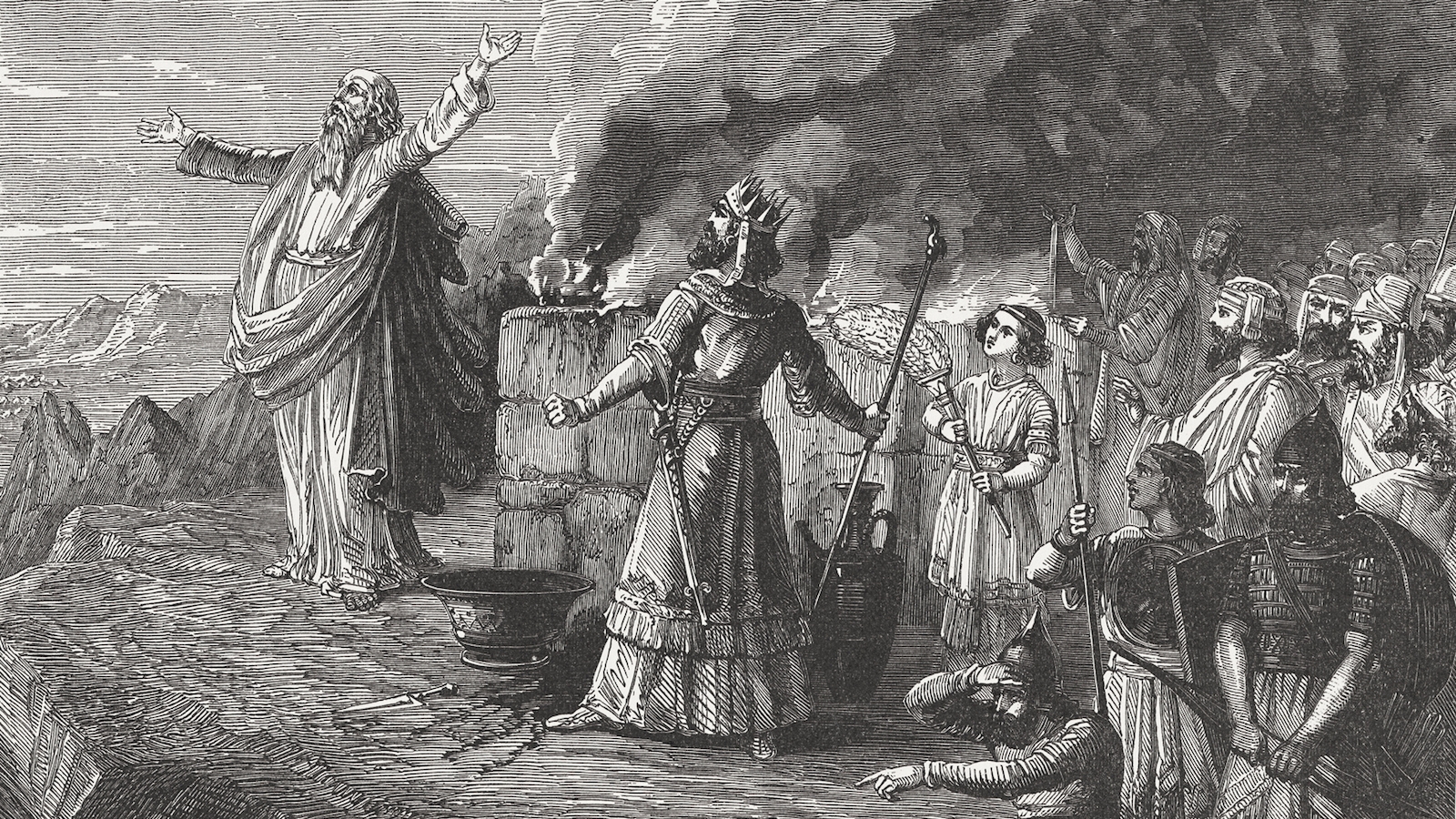Have you ever wondered if Yom Kippur is mentioned in the Bible? This solemn and sacred day observed by Jewish people holds significant religious and historical importance. In this blog post, we will explore the origins of Yom Kippur and its biblical references, shedding light on the profound spiritual significance of this day.
By delving into the biblical mentions of Yom Kippur, we can gain a deeper understanding of its roots and traditions. Understanding the biblical context of this holy day can enhance our appreciation for the rituals and customs associated with it, allowing us to engage more deeply with the spiritual practices that mark this important occasion. Join us on this exploration of Yom Kippur’s presence in the Bible, and discover the profound teachings and lessons it offers to those who observe it.
Unveiling the Scriptural Roots of Yom Kippur
Yom Kippur, also known as the Day of Atonement, is a significant Jewish holiday that is mentioned in the Bible, specifically in the Old Testament. In the book of Leviticus, chapter 16, Yom Kippur is described as a day of fasting, repentance, and seeking forgiveness for sins committed throughout the year.
The instructions for observing Yom Kippur are detailed in Leviticus 16:29-34. The high priest is commanded to perform various rituals, including sacrificing animals for atonement and entering the Holy of Holies in the Tabernacle to make offerings on behalf of the people. This ritual symbolizes the cleansing of sins and reconciliation with God.
Yom Kippur is considered the holiest day in the Jewish calendar. It is a time for introspection, self-examination, and spiritual renewal. Jews around the world observe Yom Kippur by fasting for 25 hours, refraining from work, and participating in prayer services.
The significance of Yom Kippur is highlighted by the belief that on this day, God seals the fate of each individual for the upcoming year, determining who will live and who will die. It is a time for individuals to seek forgiveness from both God and others, making amends for any wrongdoings and starting anew.
Overall, Yom Kippur serves as a powerful reminder of the importance of repentance, forgiveness, and reconciliation in the lives of believers. It is a time to reflect on one’s actions, seek forgiveness, and strive to improve oneself in the eyes of God.
Where can I find Yom Kippur in the Bible?
Yom Kippur is found in the Bible in the Book of Leviticus, specifically in chapter 16. This chapter describes the rituals and practices that were to be carried out on the Day of Atonement, which is also known as Yom Kippur. The highlight of this observance was the high priest entering the Holy of Holies to make atonement for the sins of the people. The instructions for Yom Kippur are detailed in Leviticus 16:1-34.
Where in the Bible does it say fasting on Yom Kippur?
Leviticus 16:29-31 states the requirement to afflict yourselves on Yom Kippur, which is interpreted as fasting by Jewish tradition: “And it shall be a statute forever unto you in the seventh month, on the tenth day of the month, ye shall afflict your souls, and do no work at all, whether it be one of your own country, or a stranger that sojourneth among you: For on that day shall the priest make an atonement for you, to cleanse you, that ye may be clean from all your sins before the Lord.“
What verses in the Bible are about Yom Kippur?
Yom Kippur, also known as the Day of Atonement, is a significant Jewish holiday that is not explicitly mentioned in the Christian Bible. However, there are passages in the Old Testament that discuss the observance of Yom Kippur by the Israelites.
One important verse related to Yom Kippur can be found in Leviticus 16:29-34, where it describes the procedures and requirements for observing this solemn day. Another key passage is Leviticus 23:27-32, which outlines the specific instructions for how the Israelites were to observe Yom Kippur as a day of fasting and repentance.
While the Christian New Testament does not address Yom Kippur specifically, many Christians see the themes of repentance, forgiveness, and reconciliation with God that are central to Yom Kippur as relevant and meaningful to their faith as well.
Does Yom Kippur apply to Christians?
Yom Kippur, also known as the Day of Atonement, is a Jewish holiday that holds significance within the Jewish faith and tradition. It is observed with fasting and prayer, as individuals seek forgiveness for their sins and reflect on their actions.
In terms of Christianity, Yom Kippur itself is not a Christian holiday, as it is specifically part of Jewish religious practice. However, the themes of repentance, forgiveness, and atonement that are central to Yom Kippur are certainly relevant to Christians as well. Many Christians may find value in reflecting on these themes during Yom Kippur and incorporating similar practices of self-examination, confession, and reconciliation into their own spiritual lives.
Ultimately, while Yom Kippur is not a mandated observance for Christians, the principles and values it represents can hold significance and be meaningful for individuals of various faiths, including Christians.

